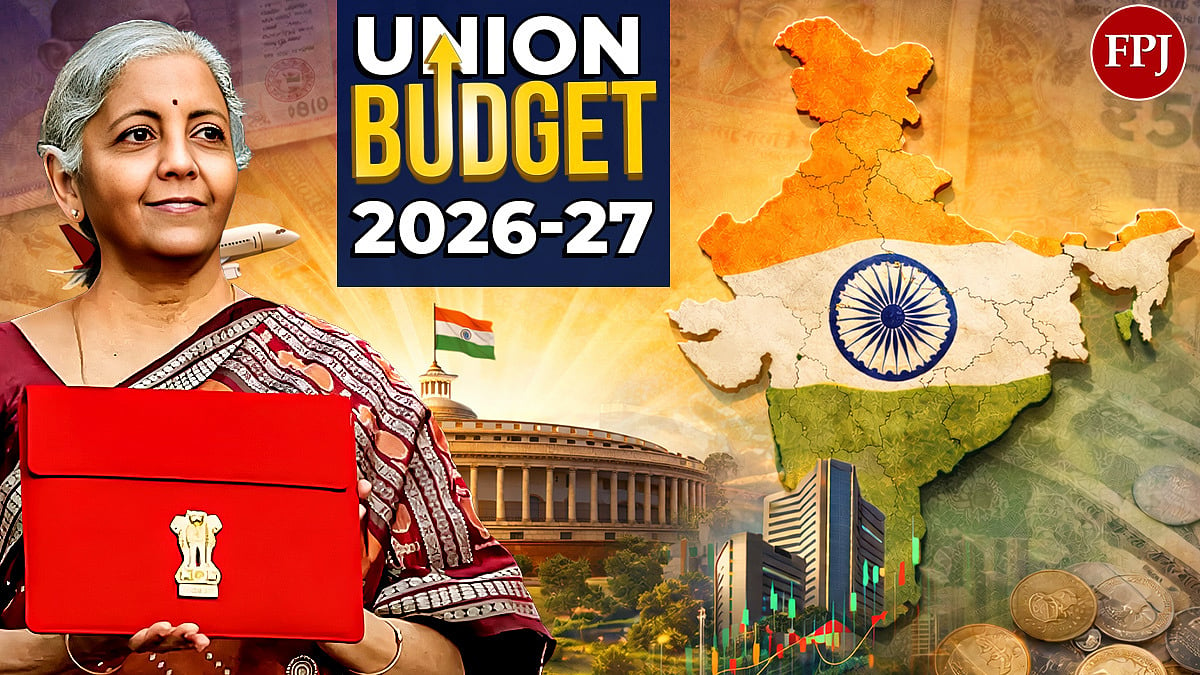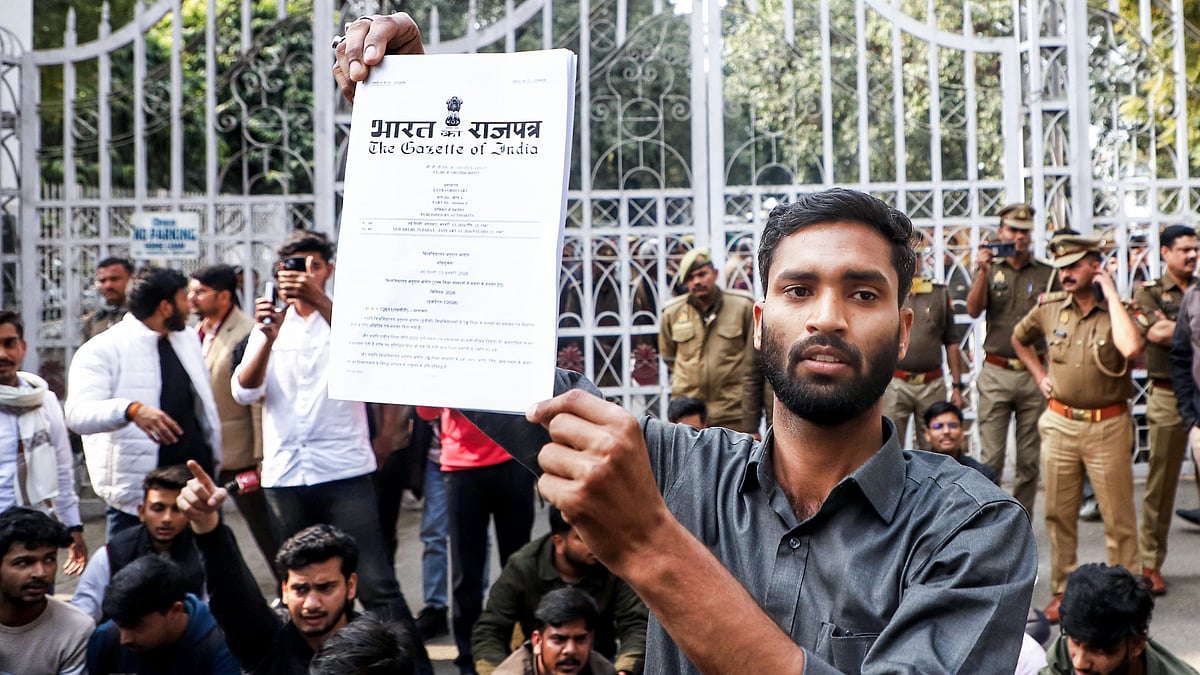India has emerged as the top student source market in the past few years, with thousands of students flocking to top universities globally. Data corroborates this high flow of tertiary-level students from India.
The Ministry of External Affairs (MEA) reported that 2,61,406 students from India went abroad in 2020 and 71,769 in 2021. The quest for foreign education has been brewing in the minds of young Indians for a long time. Numbers from the pre and post-pandemic times exhibit how this trend has been picking up.
According to the RedSeer report on the "Higher Education Abroad market," the number of Indian students pursuing higher education abroad increased from 440,000 in 2016 to 770,000 in 2019 and is expected to rise to 1.8 million by 2024.
Indubitably, the raging pandemic did defer the plans of many aspirants, as higher education institutions were forced to shut their physical doors in 2020. It led to a significant dip in the global student mobility due to the global shutdown, closely followed by travel restrictions. Around 84 percent of schools/universities reported that the pandemic had a significant impact on students' higher education decisions in 2020. Three out of five (62 percent) schools said that some of their students were delaying or deferring education because of general uncertainty and a desire to avoid travel away from home.
The international overseas education and the job market have been continuously evolving over the years. However, COVID-19 disrupted the mechanism, forcing stakeholders to recalibrate strategies to pace forward and evolve with the "new normal."
Student mobility: Pre and post-pandemic
In its pursuit to understand the disruption caused by the pandemic on higher education, UNESCO found out that, on 1 April 2020, schools and higher education institutions(HEIs) were closed in 185 countries affecting 1 542 412 000 learners, which constitute 89.4 percent of total enrolled learners.
To further deep-dive into understanding the complexities and impact of the pandemic on higher education, the International Association of Universities(IAU) launched the IAU global survey.
The survey findings revealed that 60 percent of HEIs reported increased virtual mobility as an alternative to physical student mobility. The most common impact of COVID-19, as reported by 83 percent of HEIs, was the cancellation of international travel.
As reports have it from the pre-pandemic world, India has witnessed a surge in the number of Study abroad aspirants. The travel restrictions of 2020 dampened the spirit of aspirants, compelling them to defer their plans to study overseas. However, the vast number of outbound students in 2021 and 2022 testify to the unflinching resolve and changing perspectives and preferences of students to pursue higher education abroad.
One exciting trend emerging on the study abroad horizon is the rise in the number of aspirants from TIER 2 and TIER 3 cities. Propelled by upward economic mobility and the desire to secure better quality education, these students are adding in large numbers to the aspirants' demographics.
While Ivy league colleges and top destinations like the US, UK, Canada, and Australia are still on the radar of scores of aspirants, the pandemic has changed the preferences of many aspirants.
According to the whitepaper "Education Overseas, An Evolving Journey," published by Western Union, while traditional Study abroad destinations such as the US, UK, Australia, and Canada remain popular, unconventional options such as Germany, Italy, China, Russia, Ireland, and Turkey have seen an increase in the number of Indian students flying to pursue higher education.
Impact of COVID-19 on jobs
In the pre-pandemic era, disruptions in the workplace were primarily related to technological transformations and trade links. However, the pandemic changed the very definition of change. The physical dimension of work became the focus of change. Thus, jobs that warrant the highest physical proximity will be most disrupted and see a significant transformation in the post-pandemic world. This, in turn, will have knock-off effects in other arenas as businesses recalibrate to adapt. Further, the role and adoption of automation and AI will be accelerated, especially in jobs that require high physical proximity.
The pandemic has accelerated the pace of redistribution of jobs across sectors, affecting labor and employment patterns. According to a report published by McKinsey, the pandemic accelerated existing trends in remote working, e-commerce, and automation. As a result of this change, an estimated 25 percent of workers worldwide will choose or need to change occupations by 2030.
Future-bound
Disruptions caused by the pandemic had severe consequences on students and the labor force, changing the job and overseas higher education landscape. As the world is gradually coping with the protracted impact of the global health crisis, stakeholders in the job market and overseas education ecosystem are adapting to change extremely fast. Young aspirants/students are more hopeful and strong-willed than ever. They are investing in degrees that have higher returns and applicability in the real job market rather than just considering the entire "study abroad" as a mere experience.
(Ashish Fernando is the Founder of iSchoolConnect-edtech platform. Views are personal)









